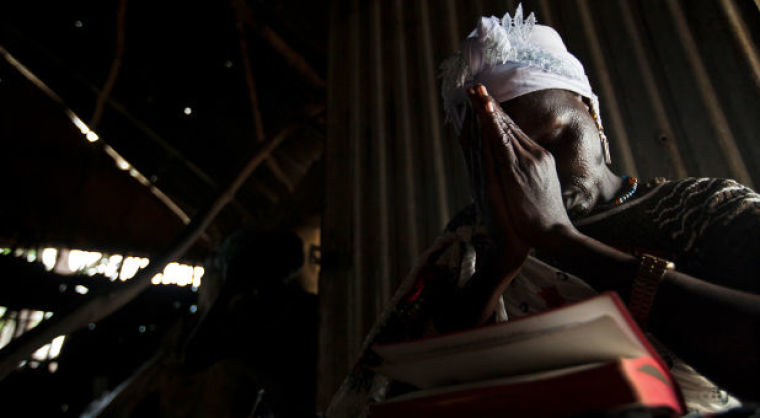

Church leaders based in South Sudan are facing attacks and threats, seriously undermining their religious missions in the region.
The country is currently undergoing a two-year old civil war. The war has lessened the influence South Sudan churches have on politicians and military leaders.
"The church is to be with the suffering people, wherever in the world," says 78-year old Catholic Bishop Paride Taban as he visits the humble tents of displaced citizens in Juba, capital of South Sudan.
Despite the dangers, Bishop Taban proceeded to conduct Mass in the camp. The camp is under the protection of the United Nations yet there is the constant fear of attacks from Dinka soldiers camped outside.
Before the current civil war, church leaders were highly respected. Christian leaders provided plenty of humanitarian relief to citizens during half a century of wars in South Sudan. Priests and pastors persuaded the international community to assuage the struggles of the people, struggles caused by war and fighting ethnic tribes.
In South Sudan's present scenario, plenty have changed. Religious leaders no longer have the same respect from the government and military. Many priests and pastors have to put on a neutral front so not to offend any particular group or politician.
Bishop Taban has been trying to arrange a meeting with South Sudan President Kirr unsuccessfully.
"The political leaders think that their side of the story is always correct they don't want contradiction. [They ask us], why do you speak as if you are with the rebels?" said the Bishop.